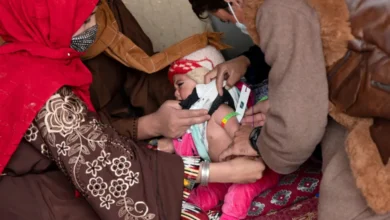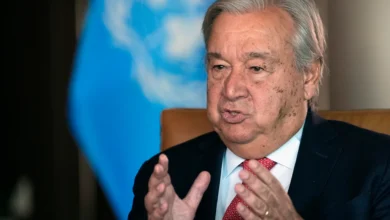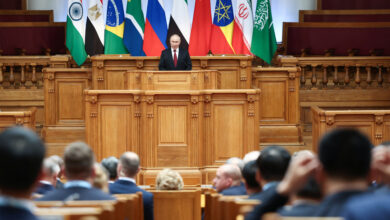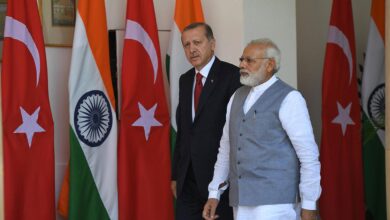US Defense Secretary Advocates for Diplomacy to Prevent Israel-Hezbollah War
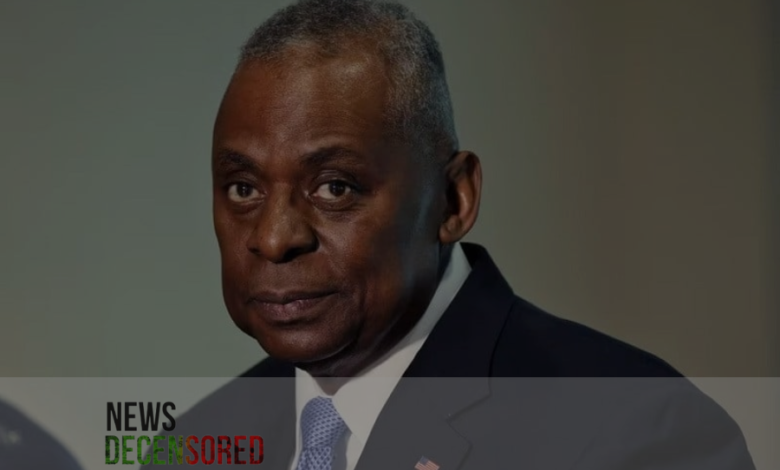
United States Defense Secretary Lloyd Austin urges dialogue because a conflict between Israel and the Lebanese group Hezbollah will not be cheap to the United States. During a telephone call with his Israeli counterpart, Yoav Gallant, on Tuesday, Austin said the tension was arising from some provocation by Hezbollah. However, a war between the two countries would have severe consequences for both nations and the region.
‘Diplomacy is by far the best way to prevent more escalation. So we are working very intensively to achieve a diplomatic solution that would bring again the stability to the northern border of Israel and allow people to go back to their homes on both sides of the Israel-Lebanon border,’ Austin said to journalists.
Hezbollah and the Israeli forces have been firing at each other practically daily since the start of the war in Gaza; recent escalations have been more raising concern. Gallant has often uttered that Israel may one day embark on a major war with Hezbollah in the south Lebanon region. However, on Tuesday, Gallant stated that he was a “very close” collaborator with Austin in implementing a diplomatic approach to the problem and, at the same time, outlining military preparedness in every possible scenario.
Israel has accused Hezbollah of making thousands of Israeli residents flee their homes near the border with Lebanon. Still, the Iranian-backed organisation has continuously, throughout the conflict, demonstrated that it does not want an all-out war. Hospitals in many Lebanese cities are overwhelmed by the influx of refugees who fled homes near the border with Israel; more than 80 non-combatant Lebanese citizens have been reported killed. In Israel itself, people have been killed, and 11 of them have been killed since October.
Hezbollah is recognised as one of the most advanced and equipped paramilitary organisations at the international level, and a full-scale war with Israel would prove catastrophic for both parties.
While the Biden administration has called on Israel not to launch a war against Hezbollah in Lebanon, it has affirmed that it would fully stand behind Israel if it happen.
“It will be disastrous for Lebanon and the untold suffering that such a war would bring to innocent Israeli and Lebanese civilians,” Austin said.
Austin’s comments came at a time when there was rising concern across the world that the conflict between Israel and Hezbollah could degenerate into a full-fledged regional war. The conflicts that continued to rage involved the MSS and rebels, resulting in high losses of civilian lives as well as displacement. This shows why it is necessary to call for peace.
US Defense Secretary’s statement also suggests diplomacy, as other leaders have noted, the adverse outcomes of expanding the conflict. The UN Secretary-General Antonio Guterres recently said that the “world cannot afford Lebanon becoming another Gaza” to stress the degree of international interest in the conflict.
However, Iran has also entered into the picture and said that Israel would be the ultimate loser in a conflict with Hezbollah. The different relations of loyalty and hostility in the vicinity intensify the struggle to ease tensions, making diplomacy more essential.
The situation is still volatile and could lightly erupt in incidences of violence. Readers will recall that Austin has been on the side of diplomacy to end the loose strings, claiming more lives and causing more turmoil in the region. This is while the international community closely observes the conflict, and the expectation is that rationality will be restored. A resolution could be negotiated, putting back the Israeli-Lebanese border in place.
Thus, the necessity for the involvement of the international community to avoid the probable total war between two countries, Israel and Hezbollah, is evident.
The US and other international actors continue to push for a peaceful resolution, aiming to protect civilians and maintain regional stability. The coming weeks and months will determine whether diplomacy can prevent a catastrophic conflict.

